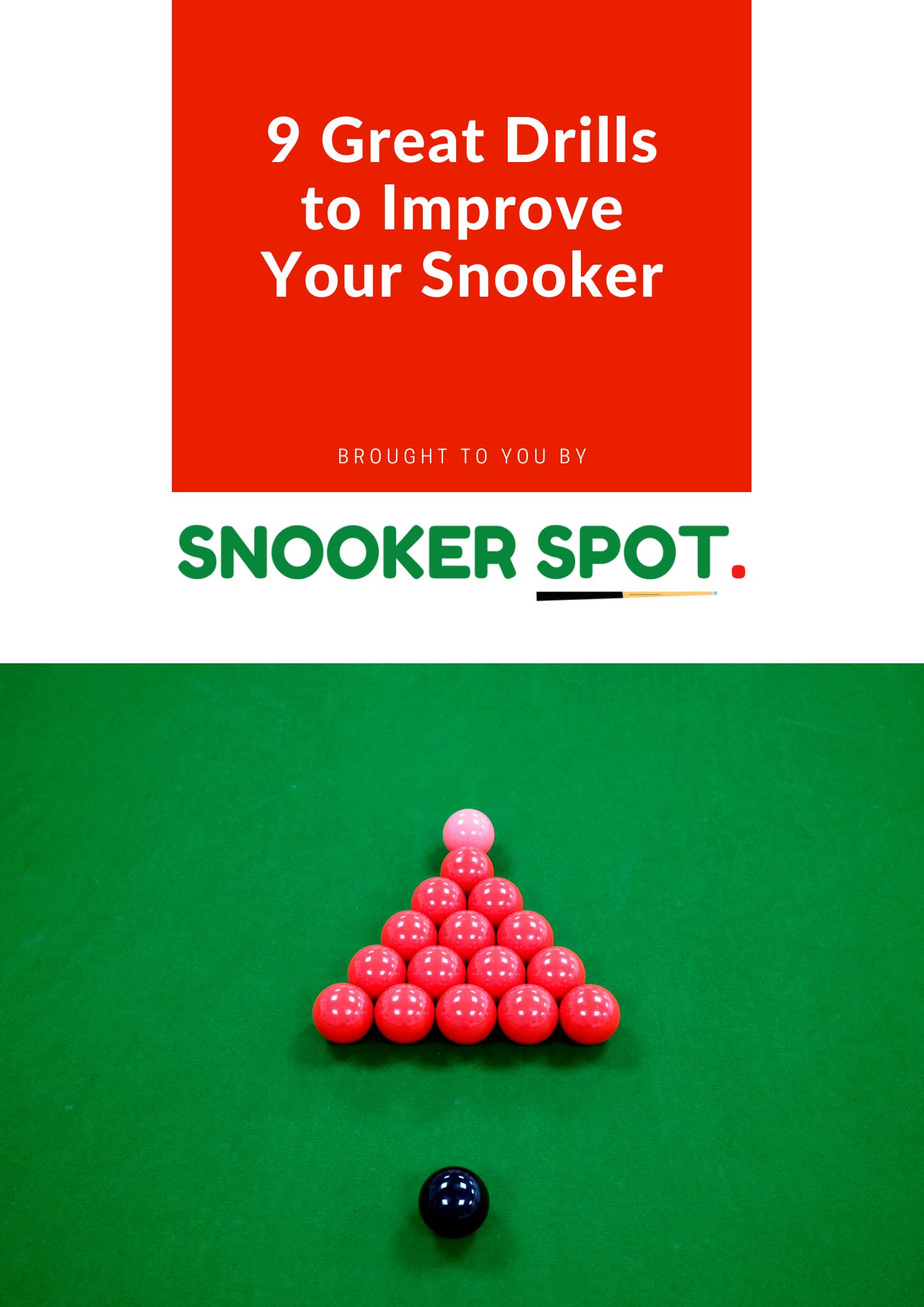Do you struggle to play screw shots?
If you’re trying to pull the cue ball back after it has struck the object ball, but you’re failing to get any real reaction, there are several potential issues.
Here are three of the main ones:
-
You’re not following through.
Successful screw shots are not about power; they’re about technique. You must make sure you follow through after you hit the cue ball: your cue should ‘go through’ the cue ball.
If, when you have played your shot, your cue tip is where the white ball was, you haven’t followed through. Your cue tip should be a few inches further forward than where the white ball was positioned.
-
You’re striking down on the cue ball.
To generate screw, you have to hit the bottom half of the cue ball. The lower you strike the cue ball, the more screw back you will generate. But you should not raise the butt of your cue when you are striking the ball. Instead, aim to keep the cue as flat and level as possible.
Rather than raising the butt, lower your bridge to make sure your tip is striking the right place on the white ball. If the butt of your cue is raised, you will not follow through cleanly. This will definitely hamper your ability to generate screw.
-
You’re raising your cue tip as you strike the cue ball.
Because of poor technique, lots of players instinctively use more power than they need when they attempt to play a screw shot. But more power also increases the tendency for flaws in your technique to be exposed.
Those flaws can include movement in the body or head, which might affect your ability to deliver the cue in a straight line. They can also lead to you raising your cue at the very moment you strike the white.
Take a look at where your cue finishes after you complete your follow through. If the tip is anywhere other than a centimetre or two above the cloth, something has gone wrong.
Looking for more advice? Check out our post on snooker practice drills for beginners.
Ballin' Bazzer
Been playing snooker for more than 30 years. High break agonisingly just under a ton. Actively aiming for my first century with coaching, dedicated practice -- and a lot of luck.
Start perfecting your game today with this FREE drills guide.
